Hong Kong Financial Secretary Paul Chan Mo-po said on Wednesday that the city's economy is set to grow this year by around 2.5 percent to 3.5 percent, while the outlook for 2025 to 2028 is an average expansion of 3.2 percent.
Chan announced the expected growth figures as he delivered the special administrative region's 2024-25 budget. Last year, the city's economy grew 3.2 percent.
While Hong Kong's economic development will be sustained and solid in the medium term, the SAR government will implement a comprehensive fiscal consolidation program to contain operating expenditure growth and increase revenue as the city has incurred four budget deficits over the past five financial years.
He said that Hong Kong's anticipated economic growth would take place amid "the gradual revival in global demand, the anticipated progressive declines in interest rates in the United States and the euro area, and the country's focus on promoting high-quality development".
Amid the subdued economic environment, the SAR government revised its forecast consolidated deficit for the 2023-24 financial year to HK$101.6 billion ($13 billion), 86 percent higher than the figure forecast by Chan last February.
Meanwhile, the city's fiscal reserves are expected to fall to HK$733.2 billion by the end of March this year, from HK$834.7 billion in the previous year.
For the 2024-25 financial year, the administration forecasts another budget deficit of HK$48.1 billion after taking account of bond issuance proceeds, and fiscal reserves will decrease to HK$685.1 billion by the end of March 2025. Total government expenditure and revenue for the year are estimated to be HK$776.9 billion and HK$633 billion, respectively.
"I welcome the budget's fiscal consolidation program, which focuses on restoring fiscal balance while fully taking into account the financial constraints of the public and businesses," said Hong Kong SAR Chief Executive John Lee Ka-chiu.
Tan Yueheng, a member of the Legislative Council, said, "The budget strikes an appropriate balance between considering people's livelihood expenditure and supporting development momentum, embodies the dual combination of proactive government and an efficient market, and also takes into consideration the long-term sustainability of public finance".
Federation of Hong Kong Industries Chairman Steve Chuang said that amid challenges such as the fiscal deficit, an uncertain external environment and high interest costs, Hong Kong should "adhere to the prudent public finance principle of living within our means, while continuing to invest in innovative technologies and new industries and support small and medium-sized enterprises, reflecting the government's flexibility in financial management".
Finance Secretary Chan added that while budget deficits in recent years have limited the government's space in introducing relief measures, he understood the problems faced by some residents, so some of these measures will be maintained but on a reduced scale.
Another prominent measure in the budget is that, starting from Wednesday, property purchasers do not need to pay special stamp duty, buyer stamp duty or new residential stamp duty when buying residential properties in Hong Kong.
The SAR government will also issue HK$120 billion worth of bonds in 2024-25 to enhance financial inclusiveness and public participation in infrastructure and sustainable development.









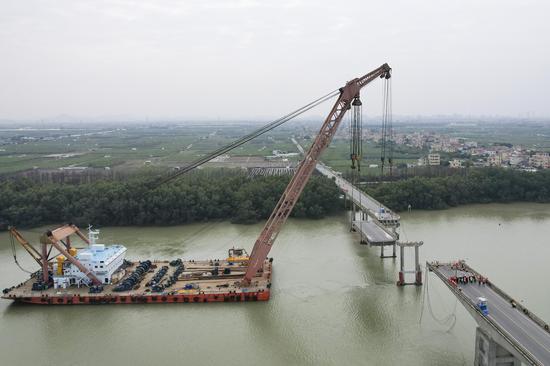
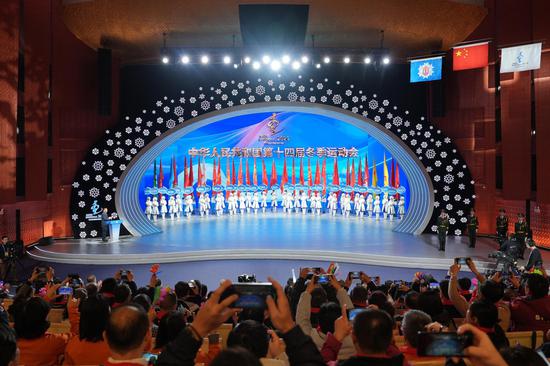


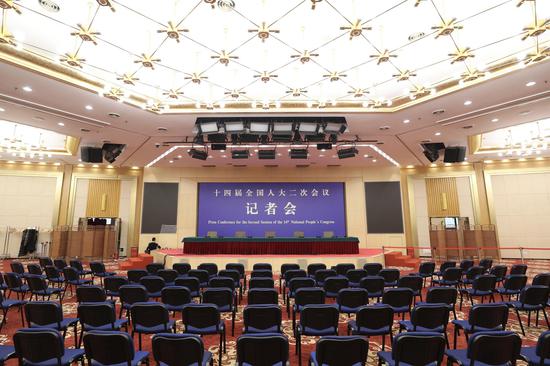
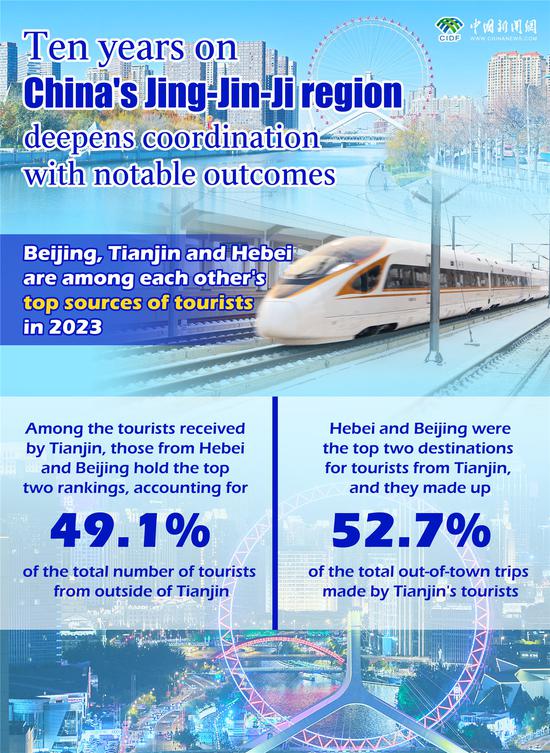
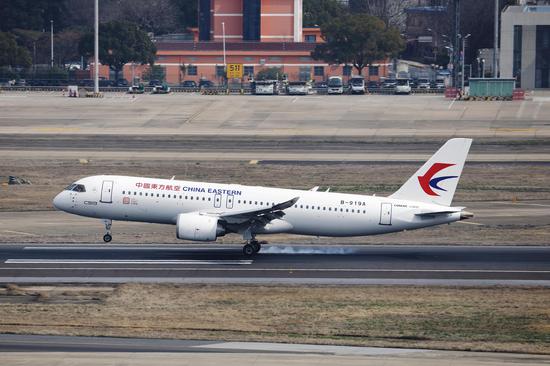
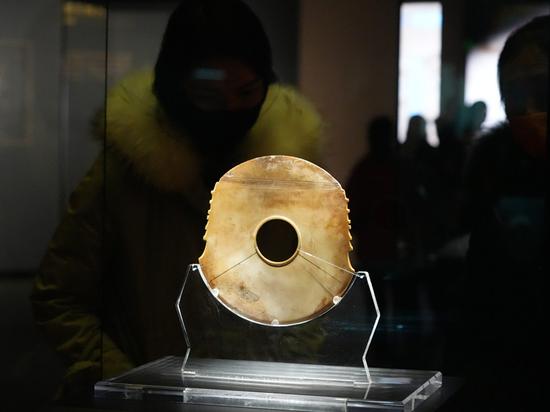


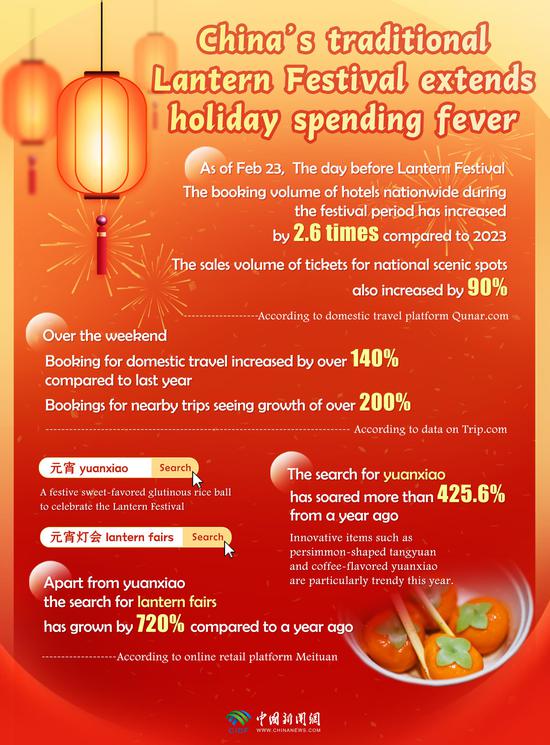

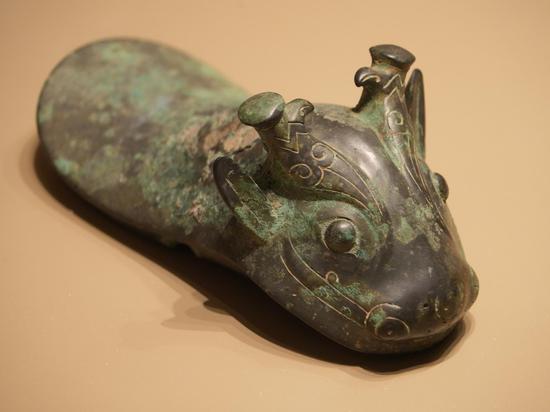





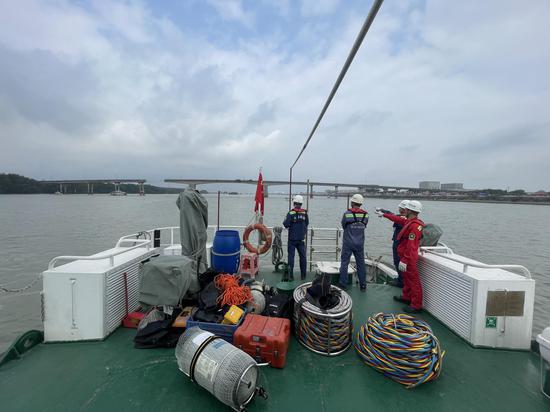


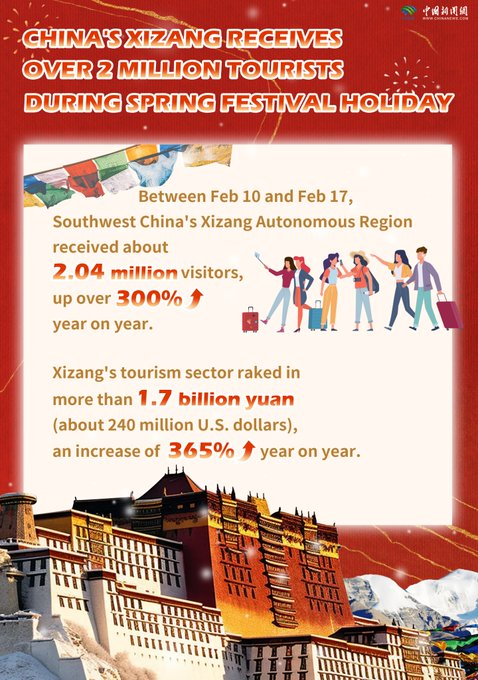
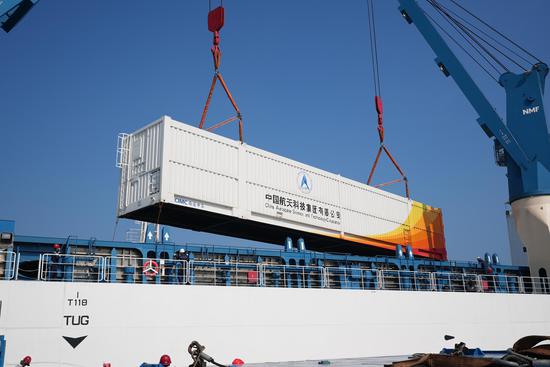
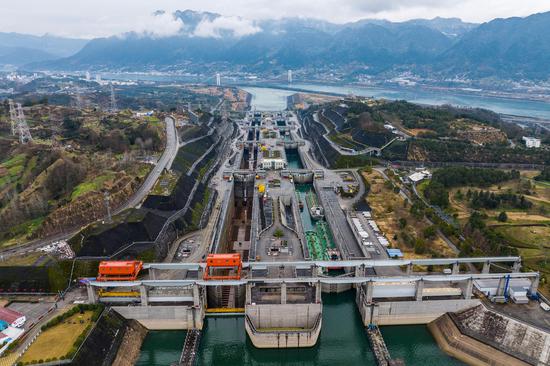




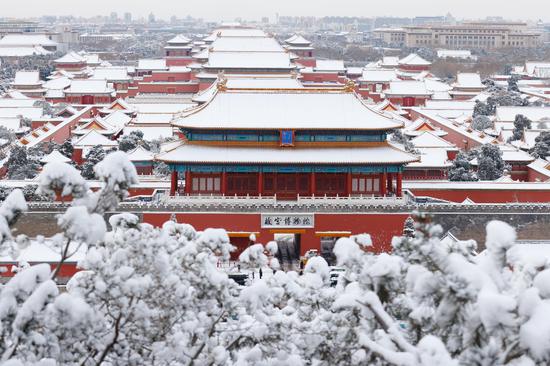












 京公网安备 11010202009201号
京公网安备 11010202009201号